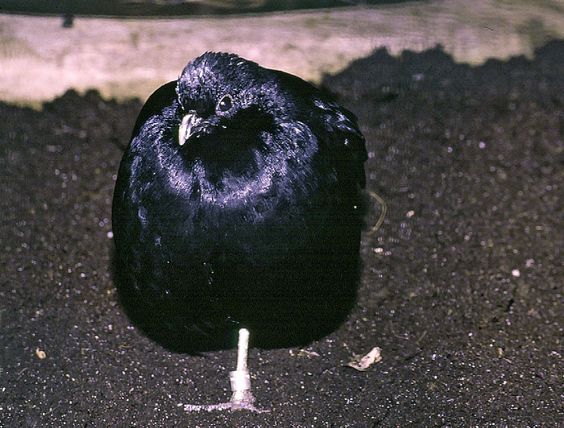
How long do elephants live
Elephants are known for their incredible size, intelligence, and long lifespans. They are the largest land animals on Earth and belong to the family Elephantidae, which includes the African and Asian elephant species. In this detailed and extensive response, we will explore the lifespan of elephants, their factors affecting longevity, and their significance in various cultures and ecosystems.
The average lifespan of elephants varies between species. African elephants (Loxodonta africana and Loxodonta cyclotis) typically live for 60 to 70 years, while Asian elephants (Elephas maximus) have a slightly shorter lifespan of around 50 to 60 years. However, it is essential to note that these numbers are average estimates, and individual elephants may live longer or shorter lives based on various factors.
Numerous factors can influence the lifespan of elephants. One significant factor is the availability of food and water. Elephants require large amounts of vegetation to sustain their massive bodies, and access to clean water sources is crucial for their survival. In regions where food and water are scarce, elephants may face malnutrition and dehydration, which can reduce their lifespan.
Environmental conditions also play a role in elephant lifespans. Harsh climates, such as extreme heat or cold, can put stress on elephants' bodies, potentially leading to health issues and decreased longevity. Additionally, the presence of diseases, parasites, and infectious pathogens in their habitat can affect their overall health and lifespan.
Genetics and individual health also contribute to the lifespan of elephants. Just like humans, some elephants may inherit genetic predispositions to certain health conditions or have stronger immune systems, enabling them to live longer lives. Conversely, elephants with genetic abnormalities or weakened immune systems may have shorter lifespans.
Predation is another factor that affects the lifespan of elephants, especially when they are young. Young elephants may fall prey to predators such as lions, tigers, or crocodiles. However, as elephants grow larger and stronger, their risk of predation decreases significantly.
Elephants have long been revered in various cultures and religions around the world. In some African and Asian countries, elephants hold great cultural significance and are considered symbols of strength, wisdom, and good fortune. They often feature prominently in folklore, religious ceremonies, and traditional rituals.
Furthermore, elephants play a vital role in their ecosystems. As herbivores, they contribute to seed dispersal by consuming fruits and vegetation and then spreading the seeds through their feces. Their feeding habits can shape the structure and composition of plant communities. Additionally, elephants create water holes and clear pathways through dense vegetation, benefiting other species in their habitat.
However, despite their significance and longevity, elephants face numerous threats that impact their survival. Habitat loss due to human activities, such as deforestation, agriculture, and urbanization, is a significant concern. Poaching for ivory, meat, and body parts remains a serious issue, particularly for African elephants. Additionally, human-elephant conflicts, where elephants come into conflict with human settlements, can lead to injury or death for both humans and elephants.
Conservation efforts are crucial to protect elephants and ensure their long-term survival. Many organizations and governments are working together to establish protected areas, implement anti-poaching measures, and promote sustainable practices that coexist with elephants and their habitats.
Elephants have impressive lifespans, with African elephants living around 60 to 70 years and Asian elephants living around 50 to 60 years on average. Various factors, including food availability, environmental conditions, genetics, predation, and individual health, influence their lifespans. Elephants hold cultural significance in many societies and play essential roles in their ecosystems. However, threats such as habitat loss, poaching, and human-elephant conflicts endanger their survival. It is crucial to prioritize conservation efforts to protect these magnificent creatures for future generations.






